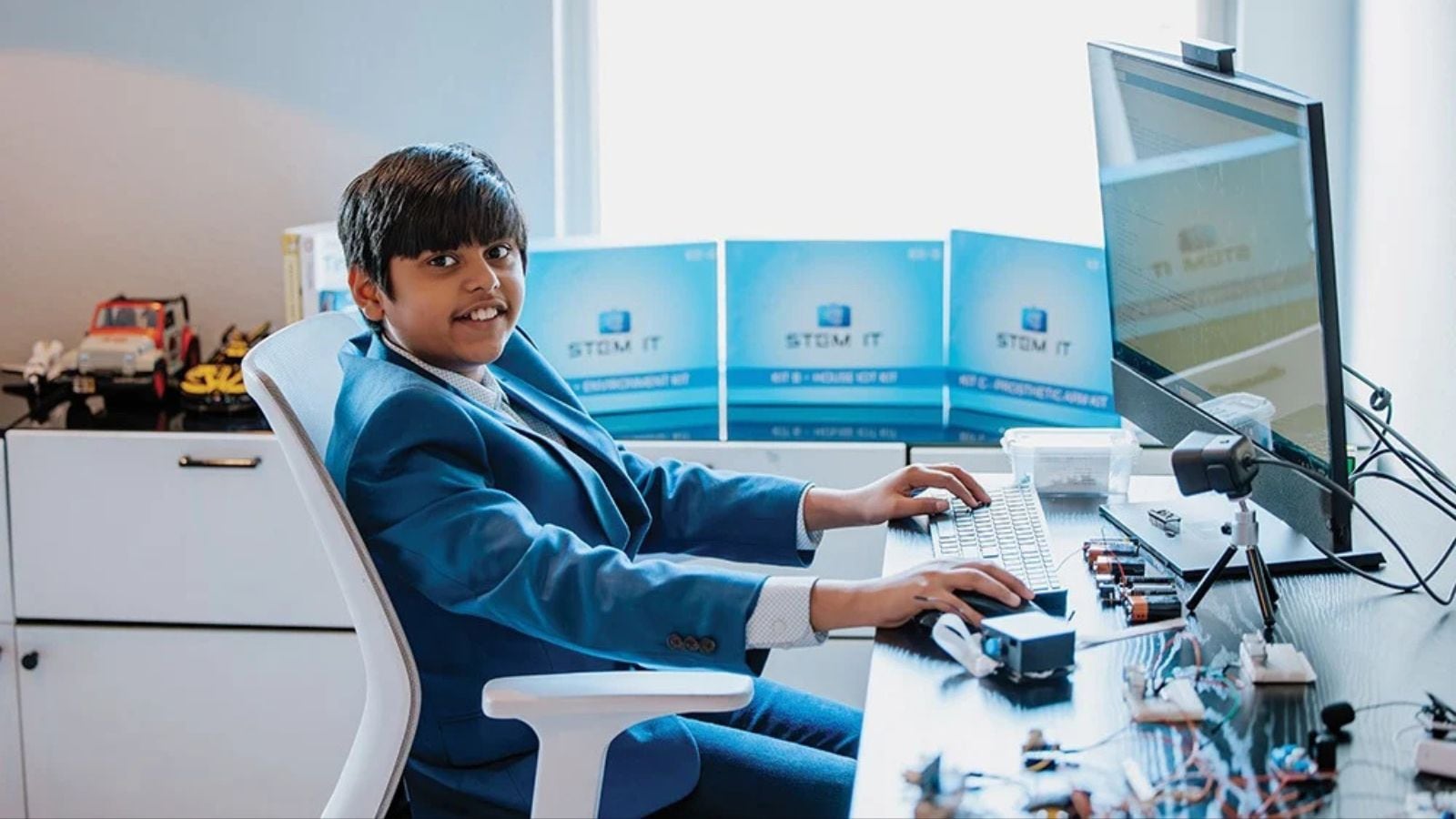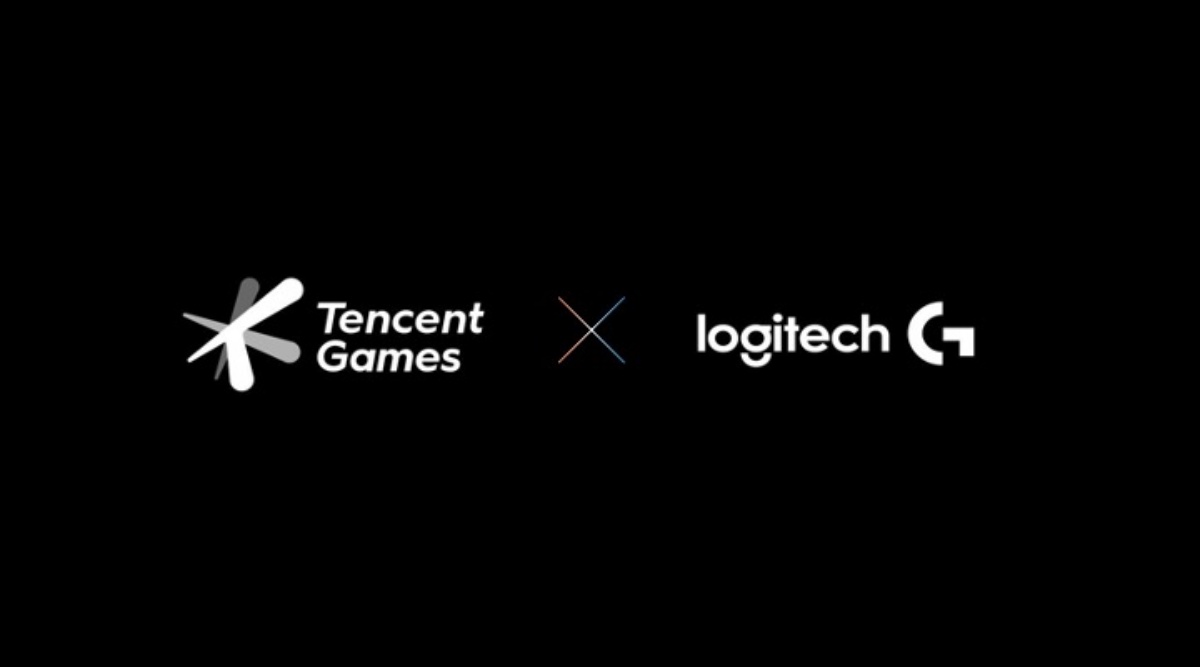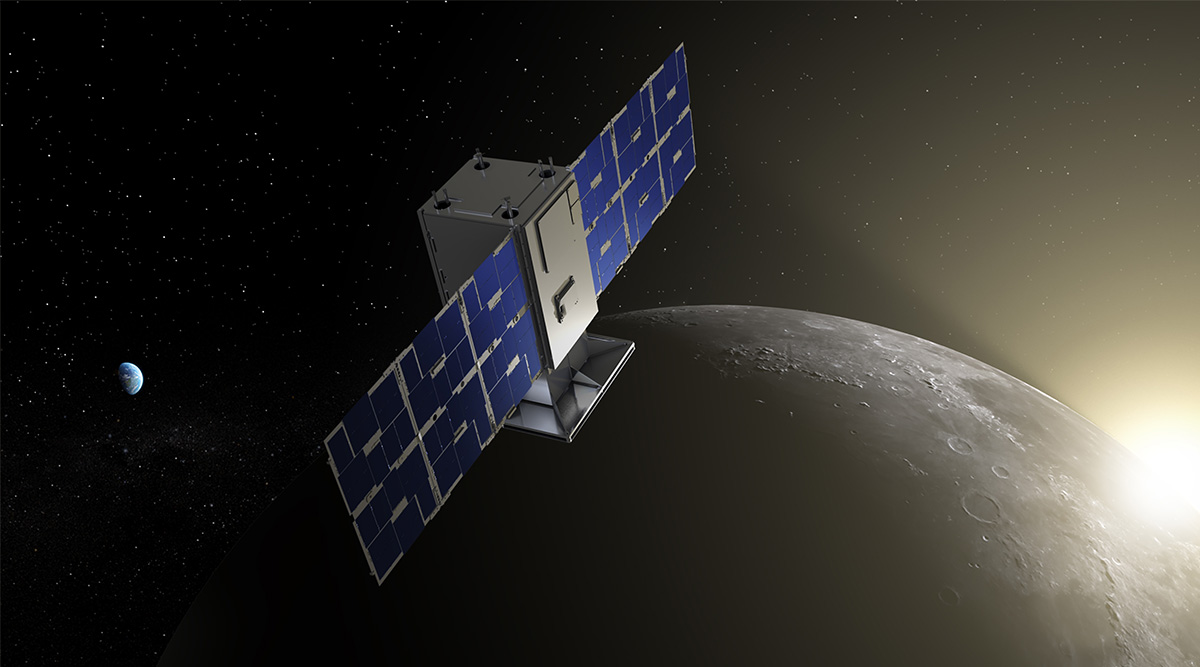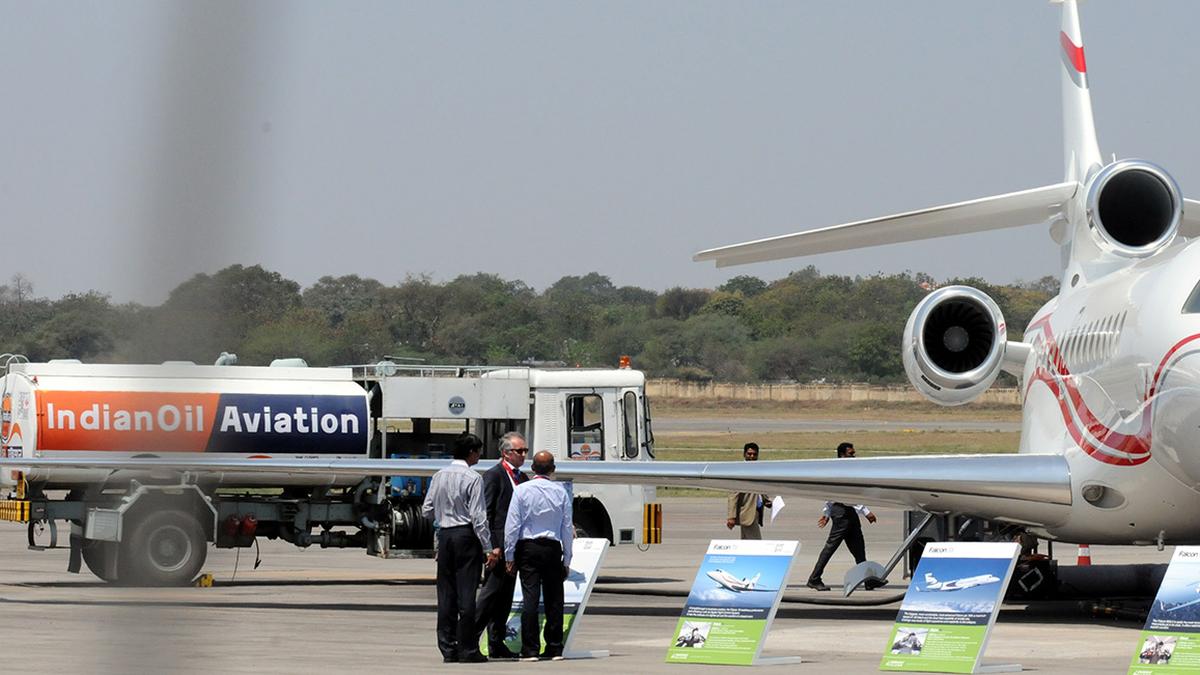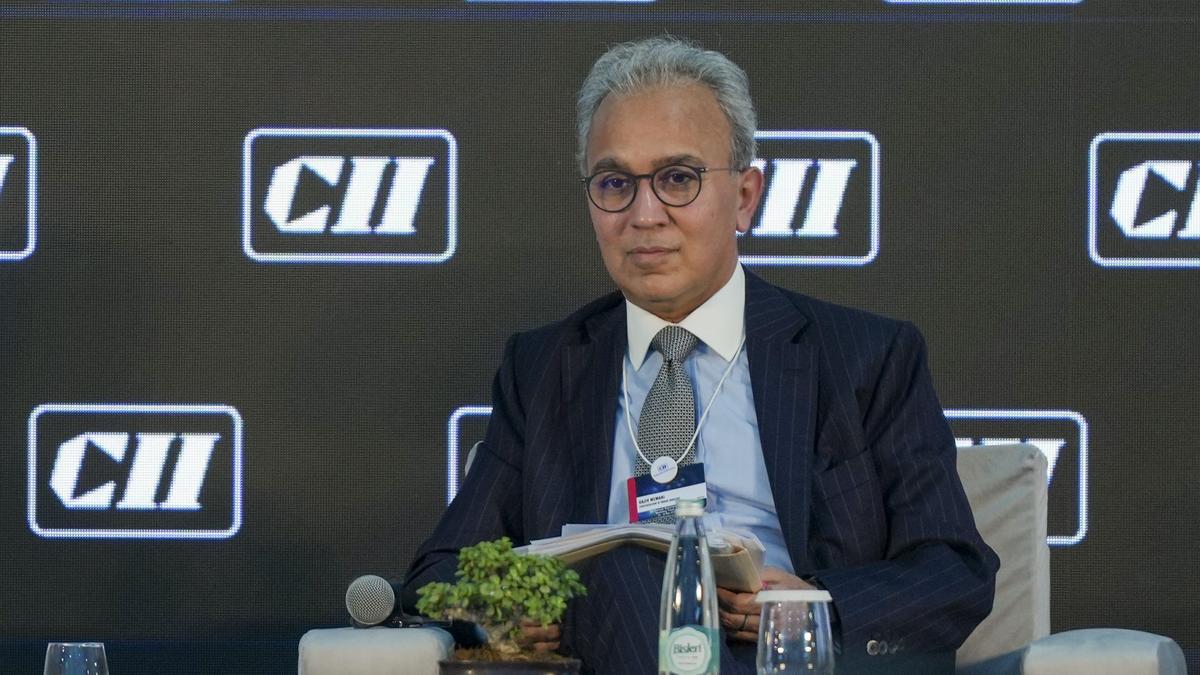Siddarth Nandyala remembers receiving his first STEM kit. “I was seven…and I fell in love instantly,” said the 14-year-old Indian-American credited with creating an AI-powered app that can detect heart diseases in seconds. “The idea of creating something out of nothing completely fascinated me — it sparked a curiosity that has not left since,” he added.
In an interview with indianexpress.com, Siddarth, whose efforts were recently lauded by Andhra Pradesh Chief Minister N Chandrababu Naidu and Deputy Chief Minister Pawan Kalyan, discussed his vision for the future and his views on technology and innovation.
Born in Hyderabad, Siddarth moved to the United States at a young age. “The Indian values of persistence, humility, and respect for education have guided my mindset, while my exposure to the American spirit of innovation has taught me to think boldly and act fearlessly. Together, they have created a foundation that drives both my ambition and empathy,” said the teen who has founded two companies, STEM IT and Circadian AI, and received letters of congratulations from former US presidents Joe Biden and Barack Obama.
Talking about his maiden venture, Siddarth admitted that STEM IT was born from frustration, saying traditional learning materials do not offer students a comprehensive understanding of the technological field. “They teach surface-level theory but fail to show students how things work in the real world. With STEM IT, I wanted to bridge that gap—giving students hands-on tools to experiment, build, and understand the systems behind our tech-driven world,” he said.
When it came to his second venture, Circadian AI, Siddarth said that he pursued it after he realised its life-saving potential when it was deployed in underprivileged communities and “began detecting cardiovascular diseases in patients who did not even know they were sick”.
“That moment—seeing someone’s future change in seconds—made me realise we were not just building software. We were building second chances,” Siddarth said about his motivation to proceed with the groundbreaking technology.
Circadian AI: Detecting disease through sound
Circadian AI is an AI-powered tool that can help detect heart disease early using just heart sounds. “You simply place a smartphone on the patient’s 5th intercostal space (that’s roughly at the chest area, under the left nipple), have the person sit down, and then record the heart sound through the app. After clicking ‘analyse’, the app processes the sound and gives a heart health report,” explained Siddarth.
Story continues below this ad
Circadian AI was recently tested at the Guntur Government General Hospital (GGH) in Andhra Pradesh. Siddarth demonstrated the real-world use of the app in detecting cardiac conditions with accuracy. He ran two separate pilot studies at two points of care at the hospital. While the first screened 505 patients, detecting cardiovascular diseases (CVD) in 10, the second study screened 863 patients, detecting 16 cases with CVDs.
Patients who were flagged by Circadian AI were later sent for ECG and 2D echo screening and were eventually reviewed by a cardiologist. A similar demo was also conducted at GGH Vijayawada, where 992 people were screened, of which 19 were detected to have CVDs.
Siddarth said the development of the application took him seven months, which included data collection or gathering heart sound samples, training the AI model, building the mobile interface, and clinical validation by running real-world tests in hospital settings to ensure high accuracy.
Asked how soon Circadian AI can be made available in the public domain, Siddarth said it is only meant for clinical screening. “ It is not meant for public use…The tool is designed to be used in a hospital setting,” he explained.
Story continues below this ad
Talking about Siddarth, his father, Mahesh Nandyala, said, “We knew Siddarth was different when he started taking apart gadgets not to break them but to figure out how they worked. We encouraged his curiosity by giving him tools, resources, and, most importantly, freedom.”
AI and innovation
Asked about the key considerations young innovators should keep in mind when developing AI-driven health solutions, Siddarth said that ethics has to be at the core. “It is essential to think about how the model was trained, what populations it represents, and whether the output is explainable to both the doctor and the patient. The model is only as good as the data that has been used to train it,” he said.
Siddarth predicted that in the next decade, AI-powered diagnostics will become more hyper-personalised and more accessible, especially in areas where health infrastructure is limited. “We are already working on expanding Circadian AI’s capabilities to include pulmonary disease detection. By integrating respiratory analysis and heart sound diagnostics, we hope to provide a more complete screening experience in a matter of seconds,” he said.
Siddarth said if he could integrate one futuristic technology into STEM education, he would deploy immersive mixed reality combined with AI tutors. This, according to him, will allow students to enter and interact with simulations of real-world systems while receiving personalised feedback. “That level of interactivity could completely reshape how we understand science and engineering,” Siddarth added.
Story continues below this ad
According to Siddarth, innovation is the heartbeat of progress. “It means recognising that every bold idea, no matter how small it seems, has the potential to shift industries, solve critical problems, and reach people across the globe. The tools are already in your hands—you just have to begin,” he said.
Outside tech, Siddarth loves playing golf regularly to clear his head and stay active. “I also really enjoy chess—it sharpens my decision-making and strategic thinking, which honestly carries over into entrepreneurship and AI development,” the teen, who draws inspiration from scientist and former president of India, the late A P J Abdul Kalam, said.


